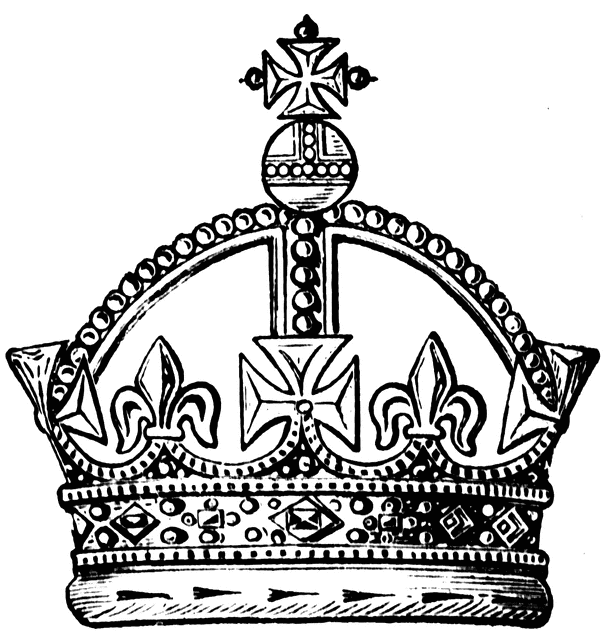The Right to Discriminate
[caption id="attachment_2302" align="aligncenter" width="500" caption="The Age September 30: Illustration by Dyson \'The right to discriminate\'"]
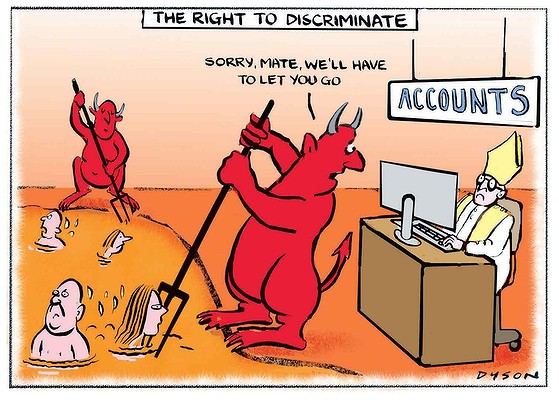 [/caption]
[/caption]The Age continues to portray the recent success of the campaign for Religious Freedom in Victoria negatively as "the right to discriminate". The cartoon above and the ratio of letters (Three to One against) are examples of this.
But discrimination cannot in itself be declared illegal. All employers have the right to discriminate, and in fact the entire employement process is, in essence, a process of discrimination. Employers discriminate on all manner of issues to determine the best person for the job. What employers do not have is the right to discriminate unjustly. What is at issue between the religious communities and popular opinion is what constitutes "unjust" discrimination. It is not, for instance, deemed unjust for political parties to discriminate on the basis of political preference when hiring employees for certain positions within the party. And I believe there has even been some argument about the legality of those wishing to hire table-top dancers as to whether they could discrimnate on the basis of the sex of the applicant.
With regard to the current issue, there are several issues at stake:
1) Is the person to be hired appropriate for the position?
2) How do we balance between the rights of the individual and the rights of communities and associations to conduct their affairs according to their communal ethos?
3) How far should the State go in legally determining the ethos of communities and associations?
It is not, perhaps, surprising that some religious communities will answer these questions in different ways. Some communities, for instance, the one from which Bishop John McIntyre speaks , may have fewer problems with the prevailing mores in our society than others. They may have different interpretations of what is "appropriate" or "unjust" discrimination. But they cannot claim that they do not employ to some degree the "right to discriminate". I have heard that there are Christian communities in the world which will, for instance, when screening ordination candidates, discriminate against those who are opposed to the ordination of women as priests or bishops. Bishop McIntyre's community may be a case in point. I would regard that as unjust. Bishop McIntyre may not.
It should also be pointed out that it is not inherently unjust to discriminate according to the appropriateness of an individual's mores or personal ethos for various occupations. It would be surprising, for instance, if a person who was a conscientious objector to immunisation would be hired to run the swine flu vaccine rollout. Nor would the RSPCA be likely to employ an officer whose personal hobbies inlcuded blood sports. This is not a question of the employer passing judgement upon the moral life and decisions of the prospective employee - it is a question of whether the employee's moral outlook is appropriate to the job for which they are being hired.
The point is that the right to discriminate exists. The point of disagreement is simply about what is just and appropriate discrimination and what is unjust and inappropriate.

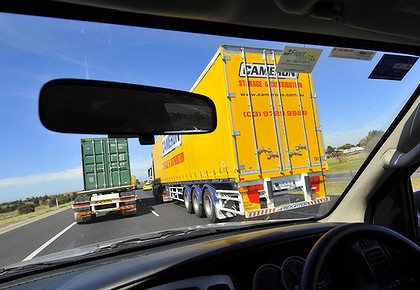 [/caption]
[/caption]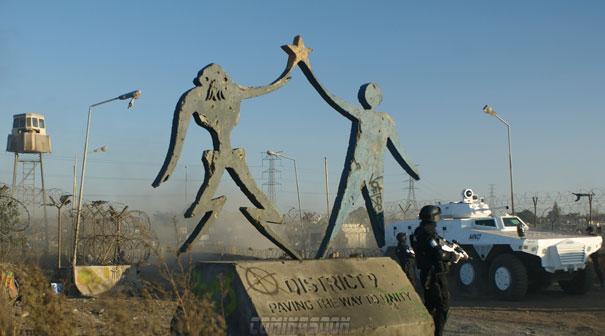

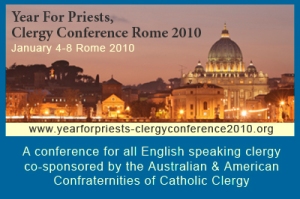
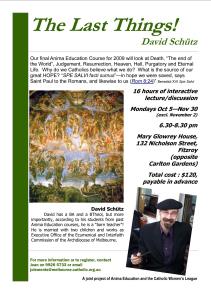 My final Anima Education Course for 2009 will look at
My final Anima Education Course for 2009 will look at
.JPG)






